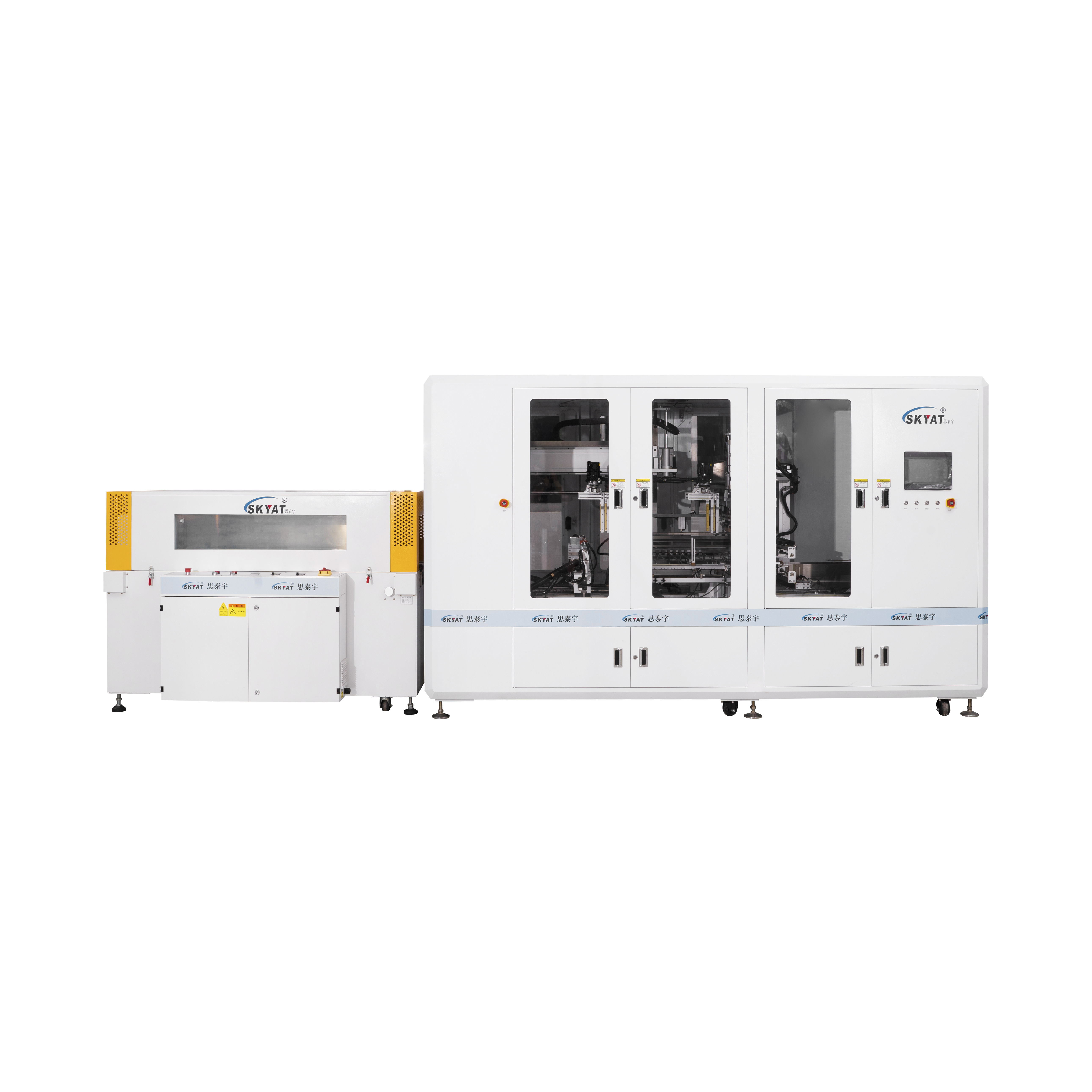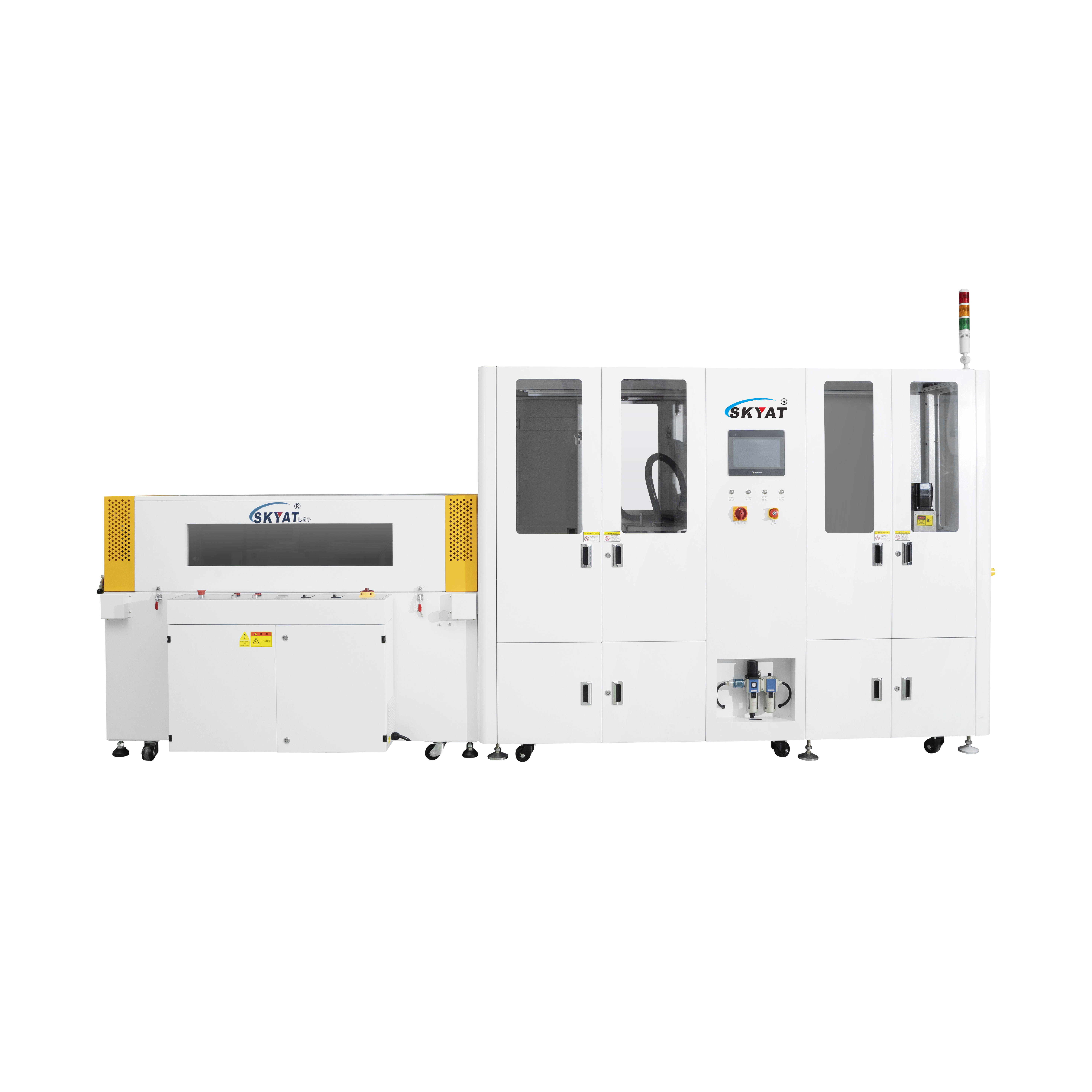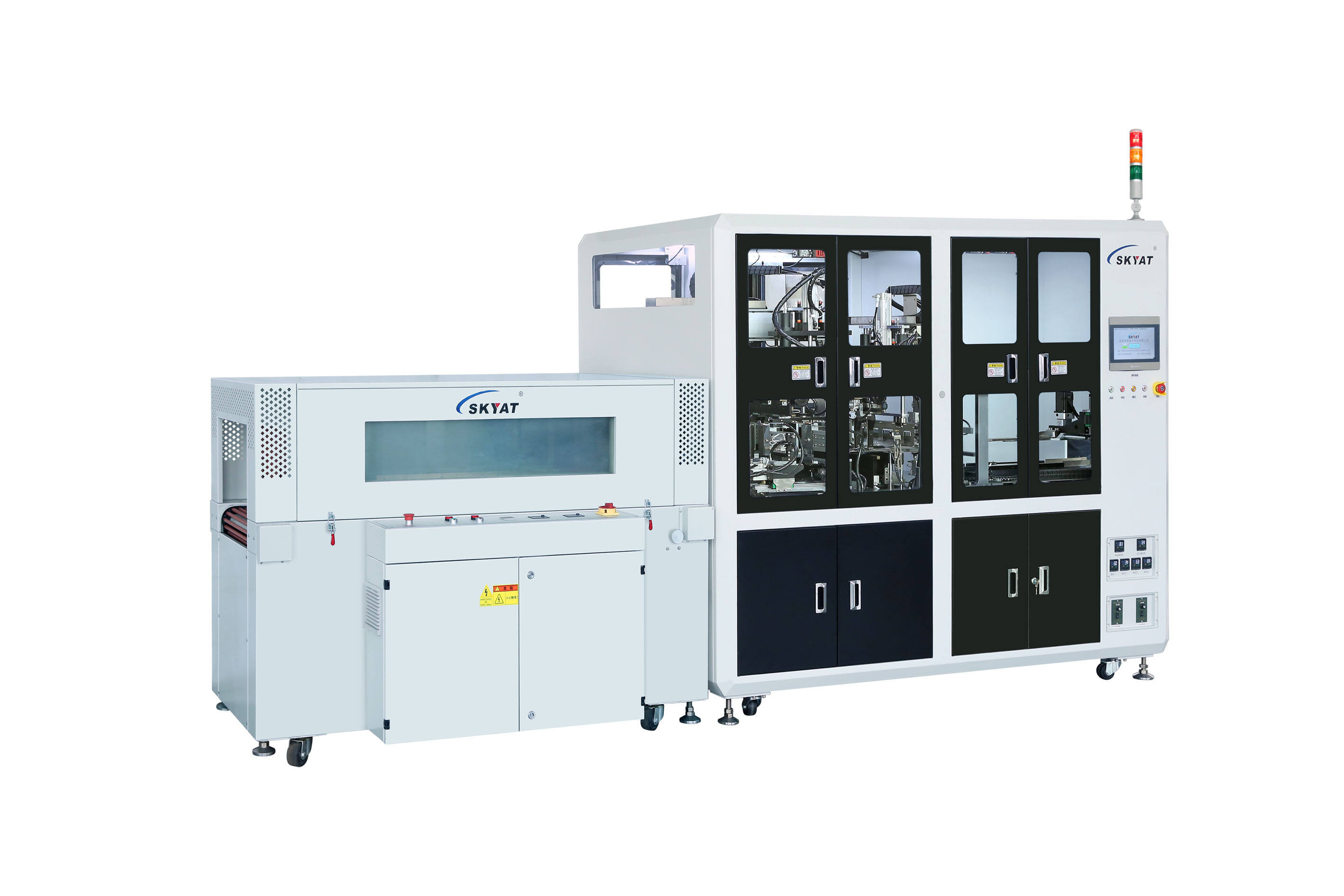When it comes to selecting the right shrink wrap machine for your business, conducting a thorough performance comparison is crucial. Different shrink wrap machines vary significantly in terms of speed, efficiency, versatility, and reliability, factors that directly impact your production line’s productivity and overall operational costs. For businesses in industries such as electronic manufacturing, where precision and protection of delicate components are paramount, a machine’s ability to deliver consistent wrapping tension without damaging the products is a key consideration. In contrast, those in the food and beverage sector, including tea production, may prioritize machines that offer quick processing speeds to handle high-volume packaging needs while ensuring a tight, secure seal to maintain product freshness. Speed is often a top priority in fast-paced industries like automotive manufacturing and cosmetics. A high-speed shrink wrap machine can process hundreds of items per minute, making it ideal for large-scale operations. However, it’s important to balance speed with accuracy; a machine that sacrifices precision for speed may result in uneven wrapping or product damage, leading to waste and increased costs. Efficiency is another critical factor, encompassing energy consumption and material usage. Modern machines equipped with advanced heating elements and temperature control systems can reduce energy waste, a feature that appeals to businesses in the new energy sector aiming to minimize their carbon footprint. Versatility is essential for companies operating across multiple product lines, such as those in the clothing, ceramic, and game industries. A shrink wrap machine that can handle various product sizes, shapes, and materials—from small electronic components to large automotive parts—offers greater flexibility, eliminating the need for multiple machines and reducing operational complexity. Reliability, too, cannot be overlooked. Machines with robust construction and durable components are less prone to breakdowns, minimizing downtime and maintenance costs. This is particularly vital for pharmaceutical and healthcare product manufacturers, where production interruptions can have serious consequences for product availability and regulatory compliance. When comparing performance, it’s also important to consider the machine’s compatibility with different shrink films, such as PVC, PE, and POF. Some machines excel with specific film types, delivering better adhesion and a smoother finish, which is crucial for industries like cosmetics, where packaging aesthetics play a significant role in consumer appeal. Additionally, noise levels and ease of operation should be evaluated, especially in workplaces where employee comfort and safety are priorities. By carefully assessing these performance metrics across various shrink wrap machines, businesses can make an informed decision that aligns with their unique production requirements. Whether you’re in electronics, pharmaceuticals, food processing, or any other industry we serve, a detailed performance comparison ensures that you invest in a machine that not only meets your current needs but also adapts to future growth and evolving market demands.




Copyright © 2025 By Skyat Limited. - Privacy policy